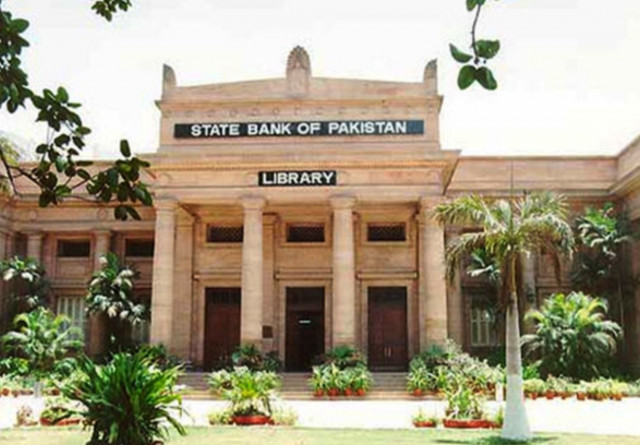Concessional financing scheme launched
Financing to be provided at concessional mark-up rates through banks and DFIs, Rs10 billion allocated.

Under the scheme, financing will be provided at concessional mark-up rates through banks and development finance institutions (DFIs) and for that Rs10 billion has been allocated. The scheme will remain in place up to October 31, 2011.
The central bank said all categories of farmers - owners, owner-cum-tenants and tenants - of the specified areas will be eligible for loans. Banks are being encouraged to arrange for insurance of the loans and offer mandatory loan insurance for five major crops — wheat, rice, cotton, sugarcane and maize - to avoid the risk of losses due to natural calamities, it said.
Tenure of loans and repayment of principal amount will be based on the cropping cycle up to a maximum of one year. Borrowing limit will be fixed by the bank keeping in view credit requirements, cash flows, repayment capacity and risk profile of the borrower.
Banks can also provide short-term loans for working capital requirements of SMEs for a maximum period of one year.
Refinance under the scheme will be provided to banks at 5 per cent per annum and banks can charge a maximum spread of 3 per cent per annum.
Therefore, credit to the SMEs and farmers will be available at 8 per cent.
In case the borrower fails to repay the loan as per agreed dates, the bank will be entitled to charge normal rate of mark-up on such overdue principal amount besides taking other actions to recover the same as are incidental to such defaults, the State Bank said.
Financing facilities already extended and outstanding will not be eligible for refinance and debt swap.
In another circular, the State Bank announced that microfinance banks (MFBs) are being encouraged to reschedule and restructure loans of borrowers in the flood-affected areas.
“For all such rescheduled and restructured loans and advances, MFBs may defer loan provisioning up to December 31, 2011. This relaxation is available for loans and advances which have become non-performing since July 1, 2010 in the affected areas.”
In yet another circular, the central bank said banks and DFIs are being encouraged to reschedule and restructure agriculture and SME loans of borrowers of the flood-stricken areas.
“For all such rescheduled and restructured loans and advances, banks/DFIs may defer loan provisioning up to December 31, 2011. This relaxation is available for loans and advances which have become non-performing since July 1, 2010 in the affected areas,” it said.
Published in The Express Tribune, November 3rd, 2010.



















COMMENTS
Comments are moderated and generally will be posted if they are on-topic and not abusive.
For more information, please see our Comments FAQ